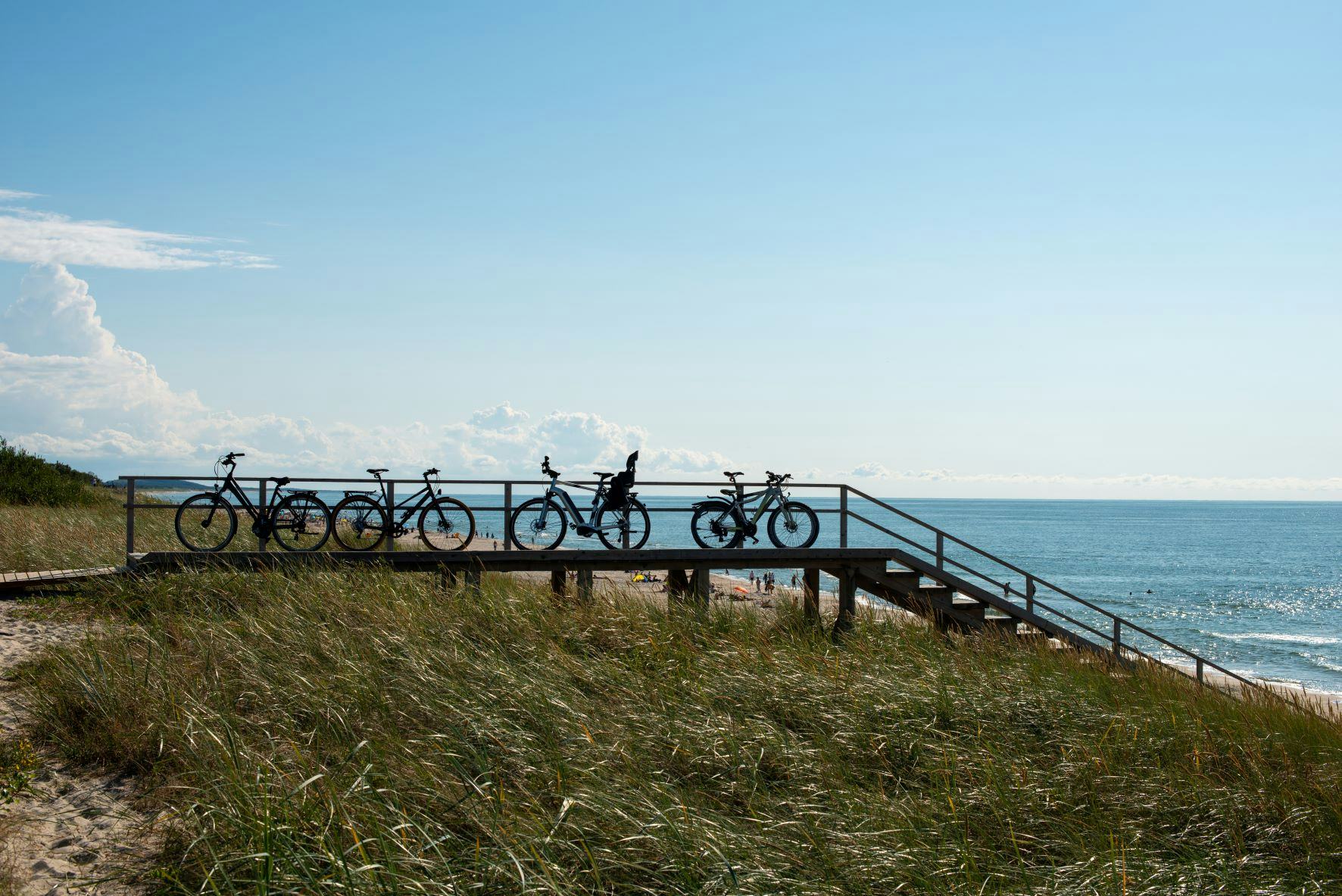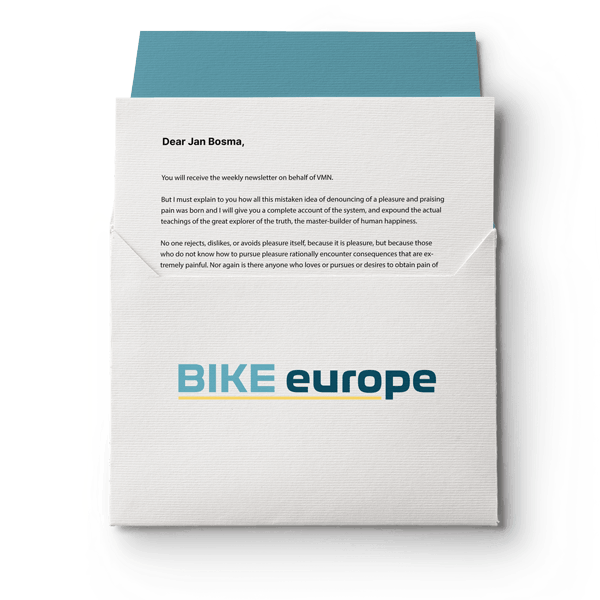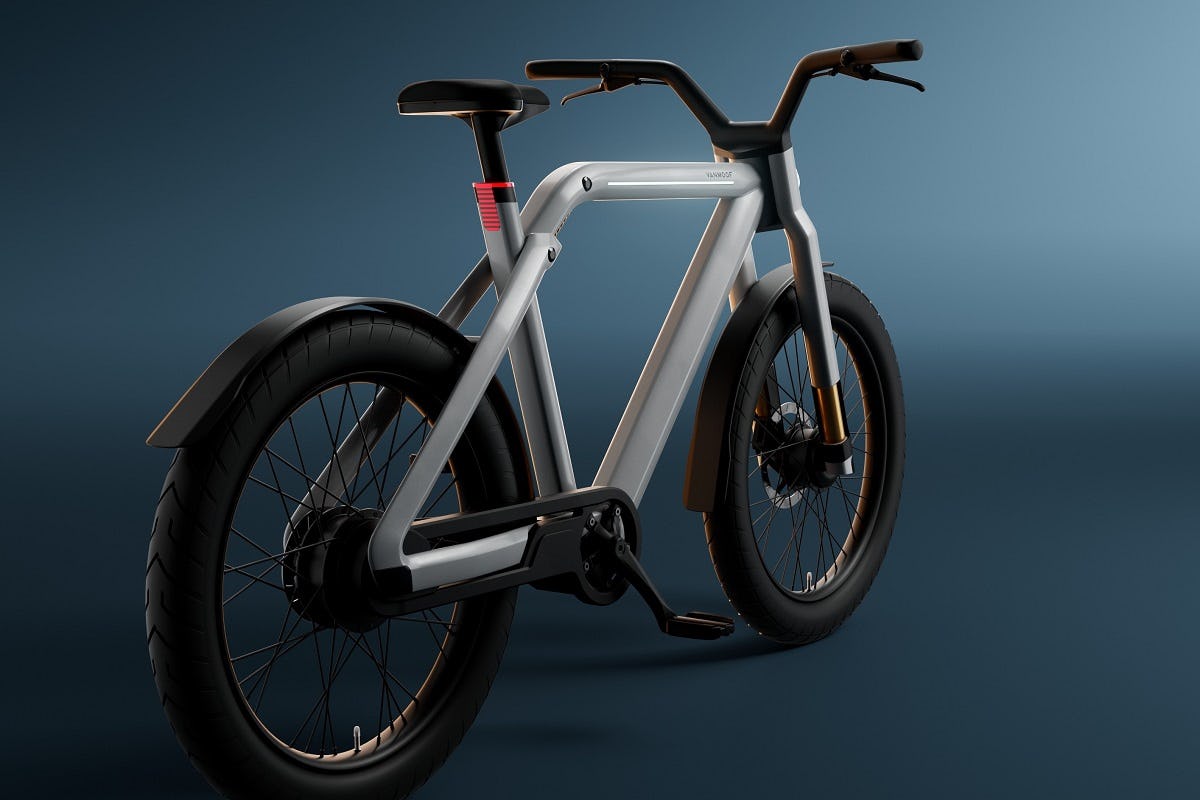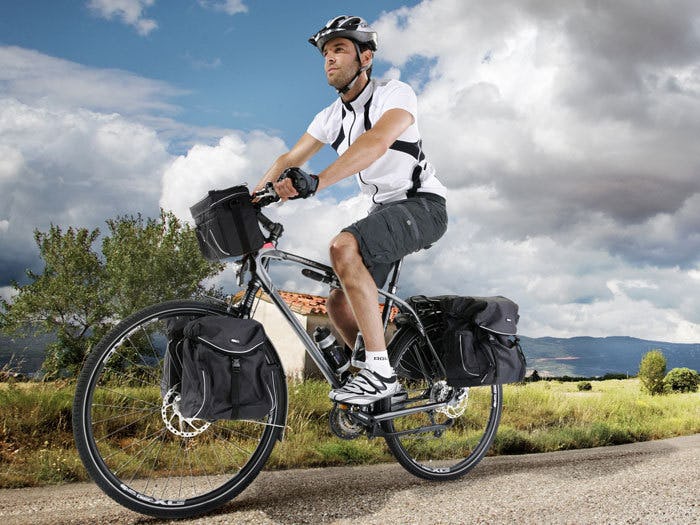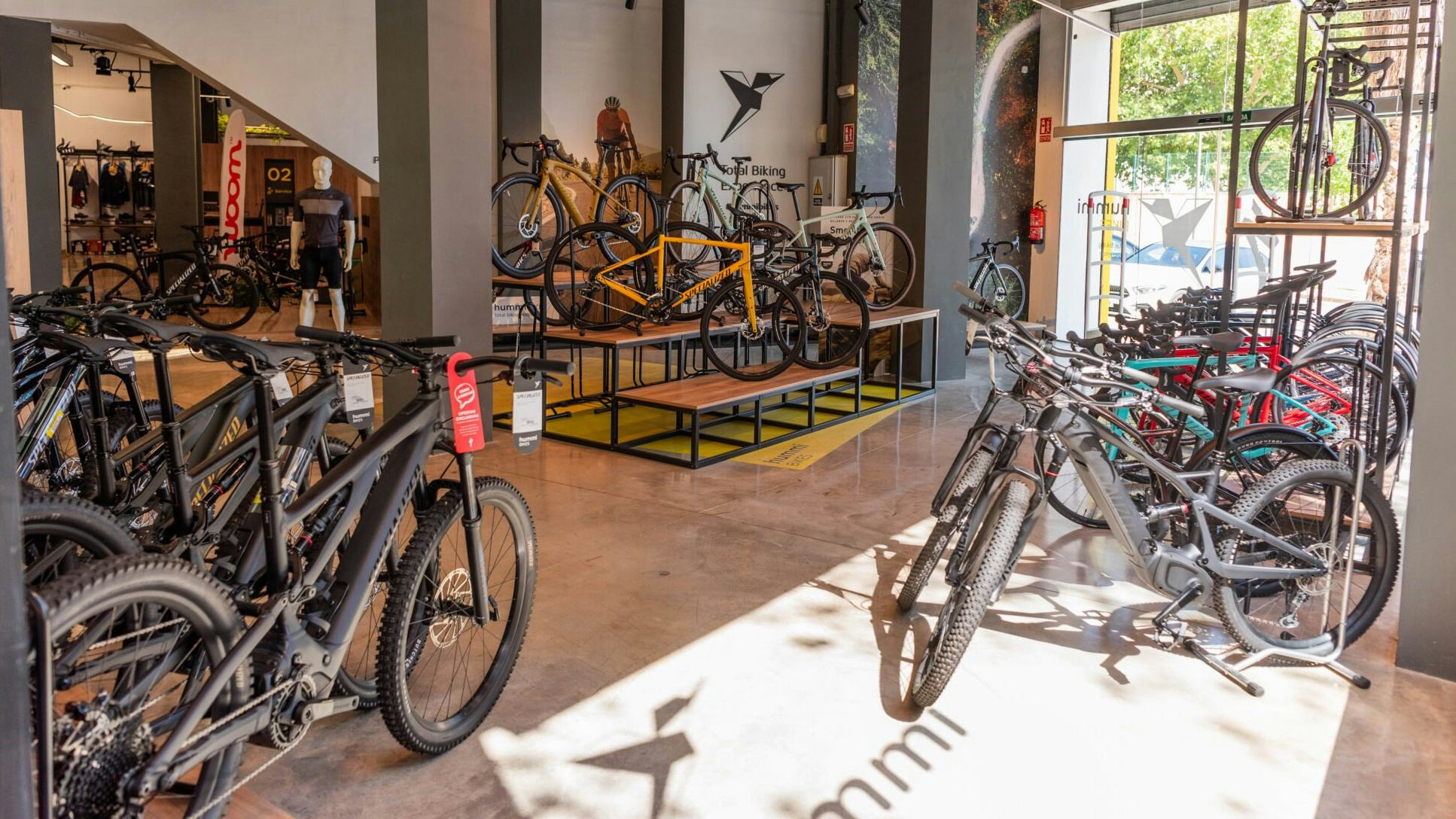Impressive 'Doing Business Ranking'
Lithuania has an impressive global ranking of 11th in the World Bank’s ‘Doing Business Ranking’ reflecting the relative ease of startup procedures and help available in such areas as dealing with construction permits and powering new factories. In addition, Lithuania offers a widespread availability of well-educated, technically able workforce, especially notable for the high proficiency in English of its younger members. Indeed, the World bank business environment rankings and Eurostat’s hourly wage statistics put Lithuania on a par with Sweden and Denmark for its proactive business environment, but show average hourly labour costs to be around four times less than in its Scandinavian counterparts.
Financially the country also boasts a number of incentives. These range from seven Free Economic Zones with zero or low rates of tax to financial support for various aspects of economic activity. The latter includes possible financial assistance in long term assets and staff investments in the areas of reskilling, training and apprenticeship. Capital Vilnius is one of the primary centres of financial expertise in Central and Eastern Europe – as well as being one of numerous UNESCO World Heritage Sites in the country, making leisure hours a pleasure too.
With digital communications vital to the efficient running of companies, those considering Lithuania may be reassured to learn it is ranked second in Central and Eastern Europe for information and communications technology and third and fourth in the EU for 4G coverage and fixed broadband prices respectively.
International transport links are strong. The major international shipping port of Klaipėda is the Baltic’s most northerly ice free such facility and in particular has strong connections to Germany, Netherlands and Sweden, all top consumers of bikes and e-bikes. In fact these three countries have combined annual purchases of e-bikes numbering in the hundreds of thousands with mature customer awareness meaning consumers there are prepared to invest significant sums in such products - making them some of the most lucrative such markets in the world. These impressive cargo line links are complemented by rail cargo services to Western Europe.
Manufacturing, engineering and electronics strength
There is already a strong background of international companies operating over a wide area of expertise, from advanced mission critical software systems to engineering and industrial machinery, all helping to provide many important services that those looking to start a new bicycle business might require.
Strong homegrown education and skills lead to a ready pool of highly skilled labour. Around 56% of the population have some kind of higher education qualifications and proficiency in English amongst young professionals is a mighty impressive 85%. Focusing on engineering, an area of obvious interest to bike manufacturers, Lithuania’s 1.5 million strong workforce contains 113,000 engineers with 43,000 of those in the software area and 70,000 boasting hardware expertise.
Innovative, green electric mobility industries also have a major presence, from electric car part manufacturers through to companies with expertise in the next generation of electric vehicles, including specialists in lightweight composite bodywork derived from recycled PET bottle plastic and the super futuristic-looking AKO electric trike project.
What’s more, Lithuania is ideal for companies looking to enhance their green credentials and play their part in heading towards net zero carbon levels; the country has a sustainable development strategy and currently generates between a third and half of its energy from renewables, with a goal of 80% by 2050.
So what bicycle industries are already there?
Invest Lithuania is a one stop shop for advice on all of the above and more, and the country already has a strong bike contingent based there. Probably foremost is the homegrown company of Baltik Vairas, with a long tradition of bike manufacture – and more recently e-bike manufacture. It claims 1700 models across fifty different brands with half a million bikes and e-bikes produced yearly, going to fourteen different countries. Late 2020 saw the full upgrading of its e-bike production line and it has also been awarded the prestigious Industry 4.0 accolade, marking it out for its ultra competitive production efficiency.
Smaller but markedly innovative bike firms have also started their business in Lithuania. One such example is electric friction drive manufacturer Rubbee. The Lithuanian-based firm has developed a completely new iteration of their competitively priced retro-fit kit that claims to bring the friction drive to a new level of effectiveness and sophistication by incorporating wireless technology and even regenerative braking.
Clearly it’s time Lithuania was on the radar of more bike firms.
This article is sponsored by Invest Lithuania.

